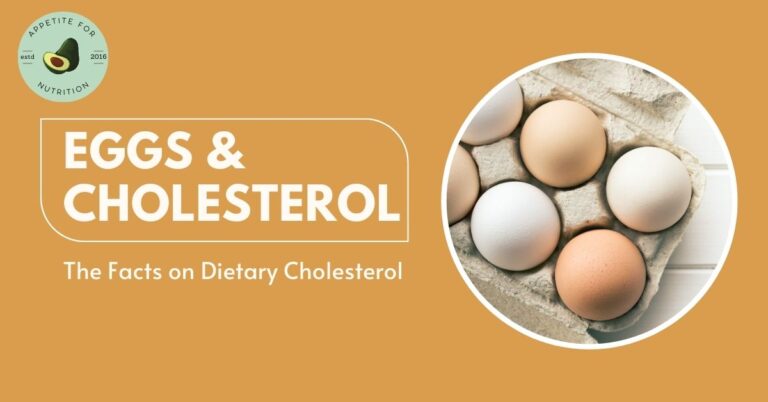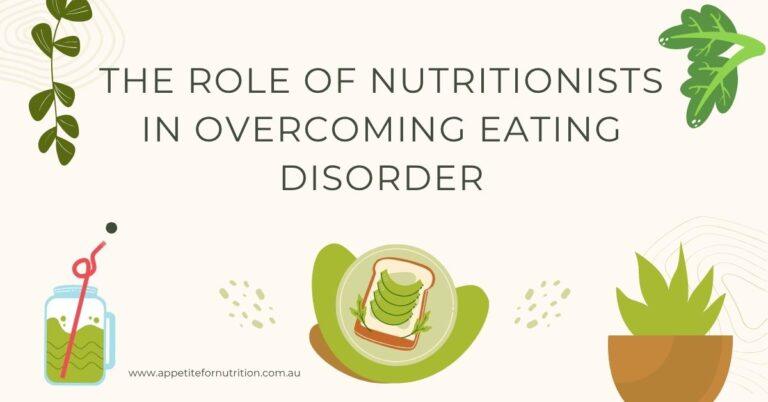
10 Tips for Eating Well with Parkinson’s Disease
While medication plays a vital role in managing Parkinson’s disease, diet can also have a powerful impact on symptom control, energy levels, and quality of life.
A well-balanced, nutrient-rich eating plan supports brain health, reduces inflammation, and helps you feel your best every day. Below, our dietitians share practical nutrition strategies to help you eat well and live well with Parkinson’s disease.
Eat a Balanced Diet
A balanced diet provides the essential nutrients your body needs for strength, energy, and resilience.
Focus on:
Fruits and vegetables
Whole grains
Lean proteins
Healthy fats
Tip: Make your plate colorful. Eating a variety of produce ensures a wide range of vitamins, minerals, and antioxidants that support overall health and immune function.
Incorporate Antioxidant-Rich Foods
Oxidative stress plays a key role in the progression of Parkinson’s disease. Antioxidants help neutralize harmful free radicals and protect brain cells.
Include foods like:
Berries (blueberries, strawberries)
Leafy greens (spinach, kale)
Nuts and seeds
Green tea
Tip: Enjoy a daily mix of fresh produce, nuts, and teas to naturally boost your antioxidant intake.
Check out of Mediterranean Diet Meal Plan (7days)
Stay Hydrated
Proper hydration is crucial for managing symptoms such as constipation, fatigue, and low blood pressure.
Aim for:
At least 8 cups (2 litres) of water daily
Hydrating foods like cucumbers, watermelon, and oranges
Tip: Keep a water bottle nearby throughout the day and sip consistently — small, regular hydration helps more than large amounts all at once.
Consume Omega-3 Fatty Acids
Omega-3s have strong anti-inflammatory and neuroprotective properties that support brain function and may help with mood regulation.
Sources include:
Fatty fish: salmon, mackerel, sardines
Plant-based options: flaxseeds, chia seeds, walnuts
Tip: Aim for two serves of oily fish per week, or add ground flaxseed to your smoothies and oats.
Check out our blog on The MIND Diet – What is it and How Does it Promote my Brain Health?
Manage Protein Intake
Protein can interfere with the absorption of levodopa, a common Parkinson’s medication.
Tip:
Spread protein intake evenly throughout the day
Take levodopa around lower-protein meals (as advised by your healthcare provider)
Discuss timing and portion adjustments with your dietitian or neurologist
This approach supports medication effectiveness while maintaining muscle strength.
Increase Fiber Intake
Constipation is one of the most common non-motor symptoms of Parkinson’s. A high-fibre diet helps promote regular bowel movements and gut health.
Include:
Whole grains
Fruits and vegetables
Legumes (lentils, beans)
Nuts and seeds
Tip: Gradually increase fibre intake and drink plenty of water to prevent bloating.
Plan and Prepare Meals
Fatigue and mobility challenges can make daily cooking difficult. Planning ahead makes it easier to stay on track.
Tip:
Batch-cook meals and freeze portions
Use a slow cooker or air fryer for minimal-effort cooking
Keep ready-to-eat healthy snacks like cut fruit, yoghurt, or trail mix on hand
Choose Easy-to-Eat Foods
For individuals with chewing or swallowing difficulties, texture-modified foods can make mealtimes safer and more enjoyable.
Try:
Smoothies made with fruit, vegetables, yoghurt, and nut butter
Soft-cooked soups, stews, or pureed vegetables
Tip: A speech pathologist or dietitian can recommend texture modifications to suit your needs.
Snack Smartly
Smart snacking helps maintain steady energy and prevents fatigue between meals.
Healthy options include:
Fresh fruit
Nuts and seeds
Yoghurt
Vegetable sticks with hummus
Tip: Choose snacks rich in fibre and protein to stay satisfied and maintain stable blood sugar levels.
Learn more about Healthy Snacks on the Go: Dietitian Top Picks from Australian Supermarkets
Work with a Dietitian
Managing nutrition with Parkinson’s can be complex — from balancing medications to meeting nutrient needs and managing symptoms.
A registered dietitian can create a personalised meal plan that:
Supports your medication schedule
Manages symptoms like constipation or weight changes
Promotes brain and heart health
Simplifies meal planning with practical strategies
Regular check-ins ensure your diet evolves with your health needs, helping you stay nourished and confident.
Conclusion
Maintaining a healthy diet is an essential part of living well with Parkinson’s disease. By making mindful choices — from hydration and antioxidants to balanced proteins and fibre — you can support both your body and mind every day.
Always consult with your neurologist or an Accredited Practising Dietitian before making major dietary changes or adding supplements.
Eat well. Live well. Feel empowered to take charge of your health — one meal at a time.
Contact us today to book an appointment!
This blog was updated October 2025.
Frequency Asked Questions
Find quick answers to common questions
Our team of NDIS-registered dietitians helps clients make practical, evidence-based food decisions that fit their goals, lifestyle, and budget.
Yes — while diet cannot cure Parkinson’s, it can significantly improve symptom management and quality of life.
A balanced, nutrient-rich diet supports energy levels, digestion, and medication absorption, while also helping to reduce inflammation and fatigue. Working with a dietitian experienced in Parkinson’s nutrition ensures your meals meet both your medical and lifestyle needs.
Protein can interfere with the absorption of levodopa, a key medication for Parkinson’s disease.
This doesn’t mean you need to avoid protein — but rather time your medication and meals carefully.
Your dietitian can help you plan when to take medication around meals and adjust your protein intake throughout the day to keep symptoms stable and energy levels steady.
Constipation is a common symptom of Parkinson’s.
To manage it, include fibre-rich foods like:
Whole grains (oats, brown rice, quinoa)
Fruits and vegetables (especially pears, kiwifruit, leafy greens)
Legumes (lentils, chickpeas, beans)
Also, drink plenty of water and consider gentle movement or stretching to help stimulate digestion.
Yes. Certain nutrients have been linked to better brain and nerve function, including:
Omega-3 fatty acids (from salmon, flaxseed, walnuts)
Antioxidants (from berries, leafy greens, green tea)
Vitamin D and B12 (from eggs, fortified foods, or supplements)
These nutrients support neural protection, reduce oxidative stress, and help maintain mental clarity and mood.
Absolutely. A registered dietitian can help you:
Balance your meals around medications like levodopa
Manage constipation and swallowing difficulties
Maintain strength, weight, and hydration
Develop easy, practical meal plans that suit your abilities
A dietitian specialising in Parkinson’s nutrition provides personalised, evidence-based care to support your long-term health and independence.
Learn more or book a consultation with an Appetite for Nutrition dietitian to get started.



